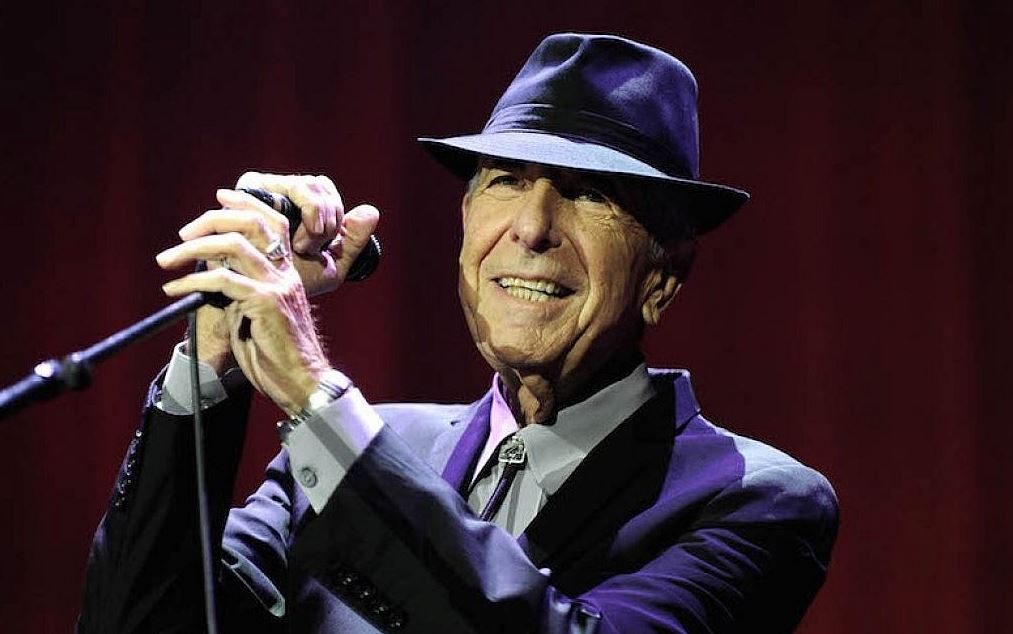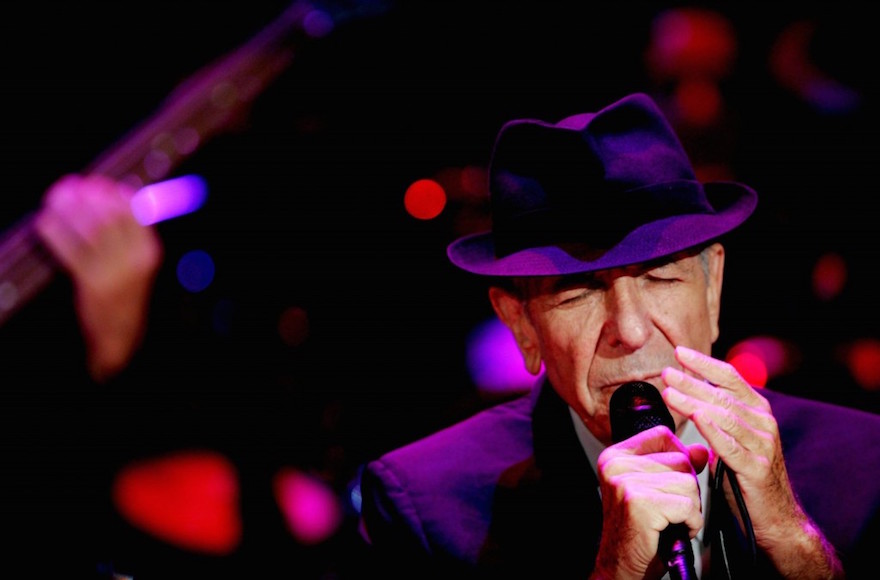
There aren’t many songwriters or musicians from the rock era who can legitimately be called icons and yet not have a single or an album in the Top 40 of the Billboard 200. For nearly his entire career, Leonard Cohen was a musical legend without a hit recording of his own. This was an astounding feat, given that Cohen’s two earliest albums, Songs of Leonard Cohen (1967) and Songs from a Room (1969), achieved modest commercial success. Many more listeners came to know Cohen through his 1984 song “Hallelujah,” but most had likely heard it first from one of the many cover versions that were recorded.

It wasn’t until Cohen was 78 years old that he had his first major chart hit. His 12th studio album Old Ideas blew past his previous chart high on the Billboard 200, which occurred when Songs from a Room reached No. 63. Old Ideas debuted at No. 3 in February 2012, slotting in behind Adele’s 21 and Lana Del Rey’s Born to Die. It would fall to No. 33 the next week and spend only eight weeks on the chart, but for one week, Cohen was keeping company with two of the most visible recording artists of the 2010s.
Cohen didn’t need a Top-10 album to secure his legacy, but he got one nonetheless. How did the revered Canadian singer/songwriter/poet wind up adding a top-selling album to his résumé? It involved a long, difficult path that included time away from the music industry and a stolen fortune.
The Monastery and the Lawsuits
Cohen’s career was a series of peaks and valleys, and he was on the upswing in the late ‘80s and early ‘90s with I’m Your Man (1988) and The Future (1992). Even so, covers of “First We Take Manhattan” (by Jennifer Warnes) and “Everybody Knows” (by Concrete Blonde) were more widely known than the originals recorded for I’m Your Man. The Future would be the last album Cohen would release for nine years, as he spent much of the ‘90s in seclusion at a Zen Buddhist monastery in the San Gabriel Mountains north of Los Angeles. Cohen was ordained as a monk in 1996, and he remained at the monastery until 1999.
In the summer of 1999, Cohen began writing songs for what would become his 2001 release Ten New Songs. While that album and the 2004 follow-up Dear Heather generated increased interest in Cohen, he would soon go on another extended hiatus from recording. The circumstances this time were not entirely of his own choosing. Cohen sued his longtime manager Kelley Lynch in 2005 for stealing over $8 million, including $5 million from his retirement fund. Cohen and one of his advisors, Neal Greenburg, also sued each other.

On the Road Again … and Again
Though Cohen won his civil suit and was awarded $9.5 million, as of 2012, Lynch had not repaid any of the money. In 2008, Cohen began a series of extensive tours, partly an attempt to recoup the money that was stolen from him. It wasn’t until nine months into the tour that Cohen played his first U.S. dates. However, in 2009, he played 39 dates across the U.S., in addition to shows in Canada, Europe, Australia, New Zealand, and Israel. Cohen’s U.S. stops included a set at the Coachella Valley Music and Arts Festival and a sold-out show at Madison Square Garden. By the time Cohen completed nearly three years of touring in December 2010, he had played more than 200 shows.
Cohen then spent most of 2011 working on his next album, which would become Old Ideas. In October 2011, Cohen announced the upcoming release of the album at a press conference in Oviedo, Spain, and several publications, including Rolling Stone and Vulture, ran pieces about it. In the days leading up to Old Ideas’ January 2012 release, NPR and The Guardian made the album available to stream on their websites. Shortly after its release, Cohen had his first Top-10 album.
The Touring Pays Off
It’s hard to pin down exactly what led to Cohen’s late-career commercial breakthrough. Nearly three solid years of touring certainly didn’t hurt, and it probably helped Cohen to get more publicity for the release of Old Ideas once he started to promote the album. His long succession of live dates likely introduced Cohen to swaths of new fans, and at the very least, it enabled him to recoup the money that was stolen. In 2009 alone, Cohen pocketed more than $9.2 million from his live shows, according to Billboard.
Though Old Ideas did not have a long run on the Billboard 200, its success carried over to his next two albums. Popular Problems reached No. 15 in 2014, and You Want It Darker—released in October 2016 less than three weeks prior to his death—debuted at No. 10 and subsequently (and posthumously) reached No. 7.

Leave a Reply